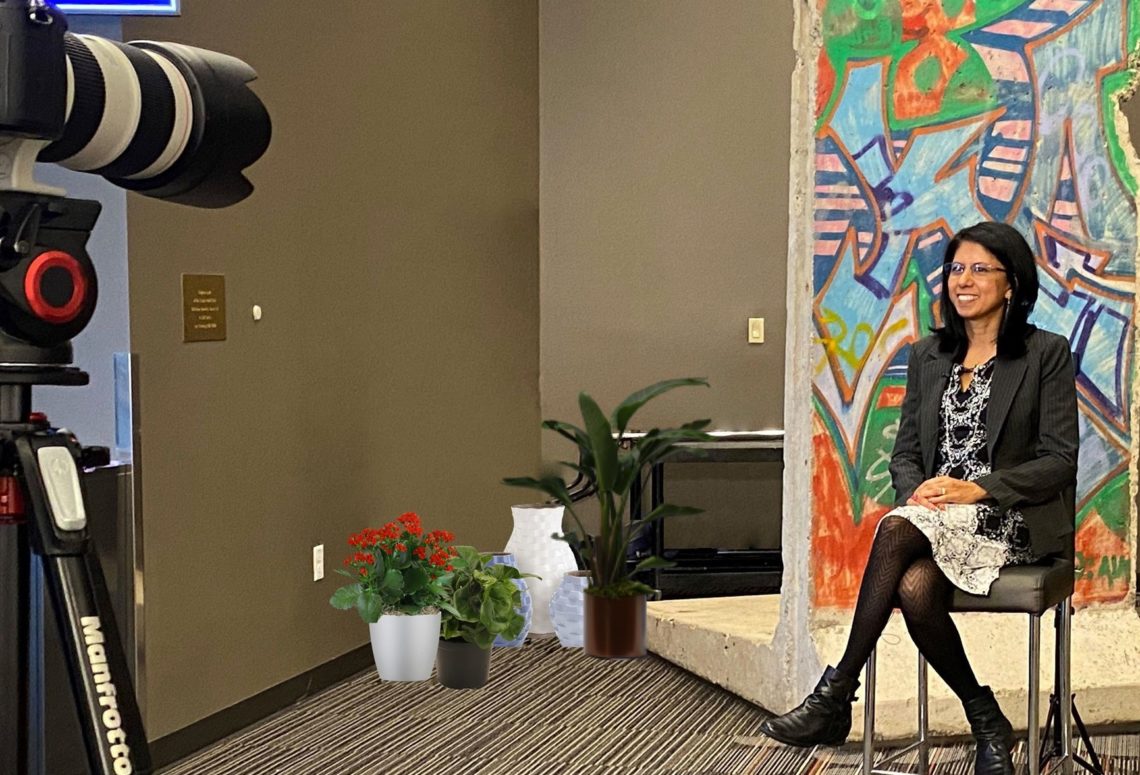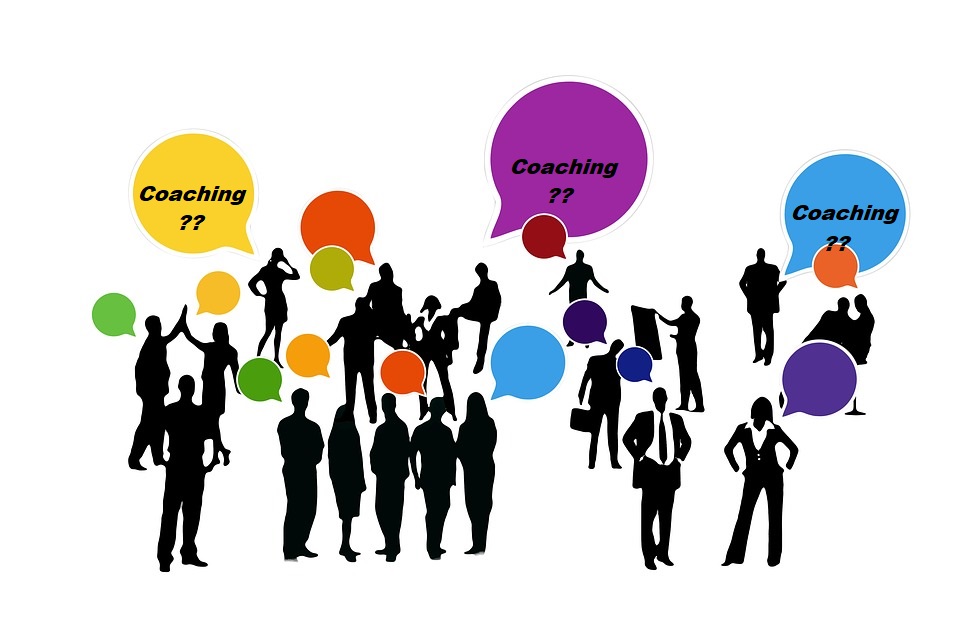
Why Targeting A Job Title As A Goal Doesn’t Work – Sharmin’s Interview With Ascend Global Media
Q: Why is it important to set an authentic goal?
When we are too focused on outside-in recognition like a job title, money, etc., we narrowly define our goal. It will be very hard to keep our attention to what is truly important, and we may get easily distracted by the hurdles. As a result, we may act and behave less than our best, which leads to unproductive drama, a win-lose kind of game.
When setting a goal, think about the behavior and experiences that lead to a desirable outcome.
Often people say, “I want to be a VP, Director, CEO, etc.”. I understand those titles show your level of influence and a certain level of success and career growth. However, it may not be enough to feel intrinsically motivated, so you can give your best as you work towards it. So I ask these follow-up questions:
Imagine you are the VP of an organization. What are the projects/problems you are working on, who are you working with, how are your day-to-day experiences? Ultimately, I want them to paint a picture for themselves so they can hold that in their body and not just cognitively. I want them to think about their goal this way – something they are genuinely excited about – for the kind of work, for the kind of impact they want to make.
Q: What is the downside of targeting a promotion or a title?
There is no particular downside; however, when we are too focused on outside-in recognition, we narrowly define our goal. As a result, we may lose focus from our genuine interest and passion. As a result, we may not act and behave at our best, which leads to unproductive drama, a win-lose kind of game.
A job title itself doesn’t say much – it is the meaning we attribute to it drives us.
Q: How can one set an authentic goal?
Focus on what kind of work you enjoy doing. For example, if you are in the software development field, you may go more granular even. For example, notice what attracts you more:
There are so many aspects to it. The high-level architectural design, solving customer scenarios and pain points, helping with the project planning and execution, collaborating with different stakeholders, low-level design/implementation, UX, etc. Not everyone enjoys everything. Knowing what attracts you is crucial. Then you can ask for those opportunities and grow better. When your internal interest matches your responsibilities, there is a better result – you excel more. It is a win-win for you and your team or the organization; you will feel happier, more confident. The promotion or other outcome will happen as a by-product.
Another litmus test of whether you set an authentic goal is to notice who has the action item or the verb. If you say, “I want to get that job or that promotion,” note that the job offer or the promotion decision is not in your hand. Focus on the goal where you have most of the actionable steps. In this example of getting a new job, it is up to you to decide what kind of role you are interested in, what kind of skills you need to develop, etc. Focus on these as your goals; the job offer could be one of the many by-products of that authentic goal.
Q: But Authentic goals don’t guarantee success, then what is the benefit of setting it that in the first place?
First of all, examine the definition of goal/success. If you have set a goal to be better at software development and work towards it, you will see how far you have come after a few months. There is no doubt that you will make progress as you work towards getting better. Whereas when you set a goal like I will get the next promotion or get that job, notice the action item is not solely on you. Someone or other people have to decide to give you the promotion or the job offer. You don’t have control over other people’s actions. You can choose what you will do. So one way to test whether a goal is authentic or not is to see who owns most of the actionable part.
Q: How can I keep my morale high if I have worked hard towards a job promotion and didn’t get it?
Disappointment is natural. It’s essential to recognize that setback and take the time to deal with the feeling of loss.
- Acknowledge – Accept the sad emotion, do some self-care, share and process it with someone you trust.
Analyze – Collect data on the decision, look into the feedback. Work with a coach or a mentor to help internalize the feedback. Not every feedback will be helpful. Take as much that is applicable for you. - Act – Learn from the setback, design the following actions, and follow-through.
A client of mine, Peter (not his real name), was going through a rough patch a couple of years ago. His promotion case didn’t go through. There was feedback that didn’t make sense to him. He thought there was some bias against him. It is not too uncommon, though. After our initial conversation, he realized that eventually, it might make sense to move on and find another job. However, he saw that he could use the time to focus on self-improvement first. He knew, and some of the feedback also mentioned that his conflict management skills could use some work.
Peter and his manager decided that coaching would help him improve his conflict management skills. Within 5-6 months of coaching, he made a lot of progress. His manager and others in the team noticed that as well. The following year he got a job offer for a higher-level role. He said coaching helped him see conflicts from a different perspective. He was much more composed in such a situation, and his impacts were higher.
Frances McLardy-Smith, Senior Content Producer, Ascend Global Media, in conversation with Sharmin Banu, Executive Coach, Greenleaf Leadership Coaching. This interview was originally published at Ascend Women in Technology site in Nov 2020




